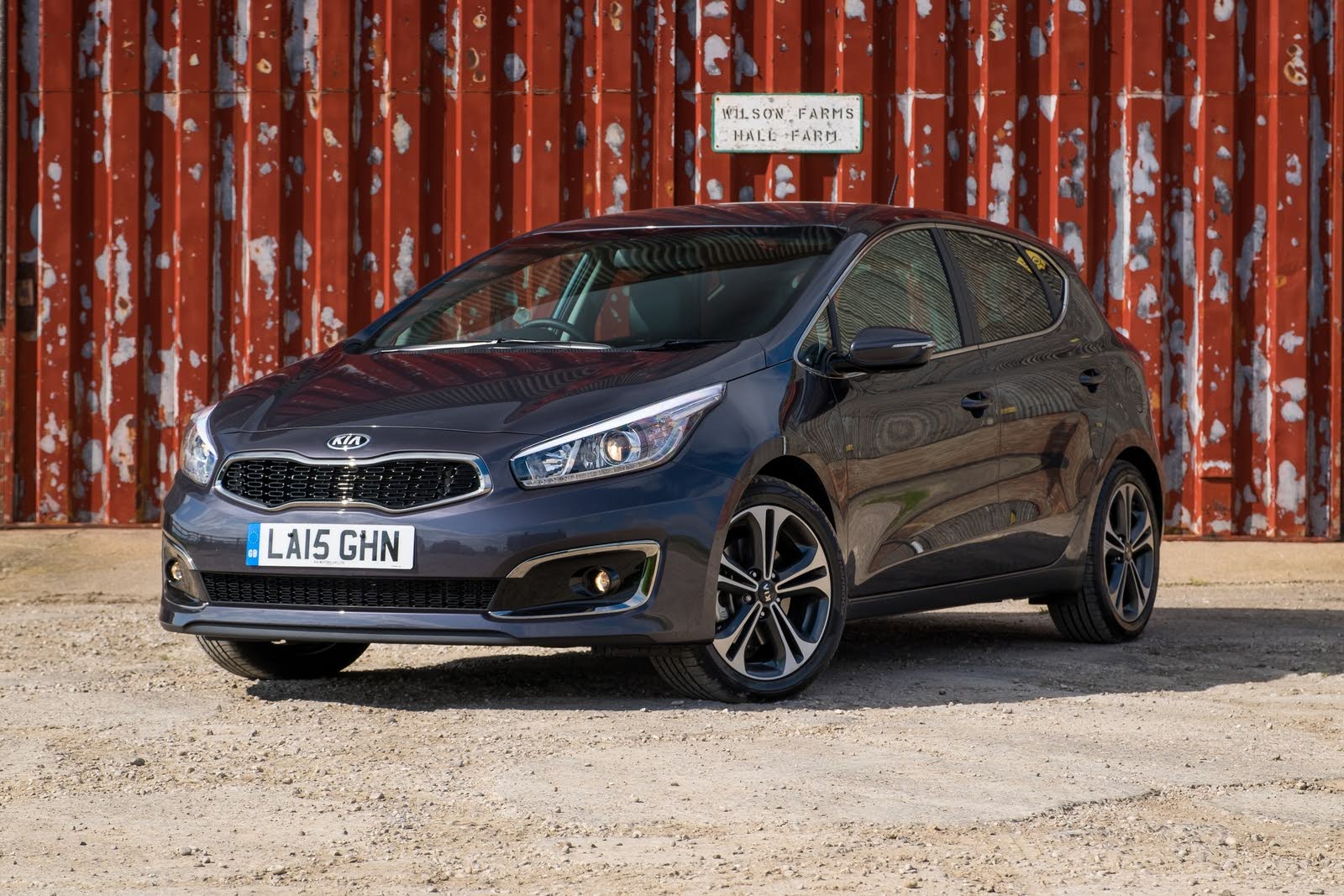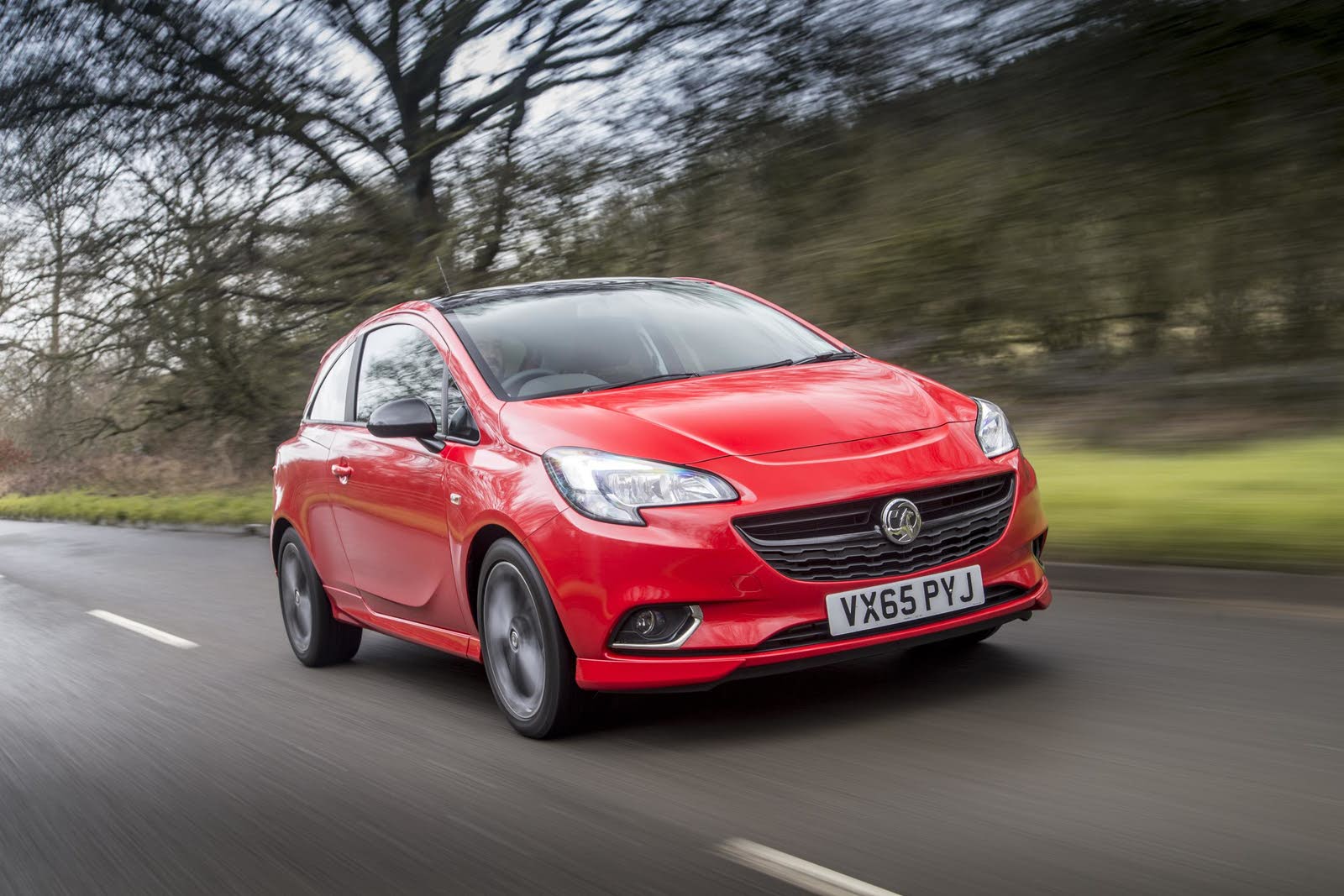Every new car should outlive its original manufacturer's warranty, leaving you to decide whether to self-fund any repair bills or take out an extended warranty. This is basically a mechanical breakdown insurance policy to cover any future failures. In this guide, we’ll explain what you need to know and whether extended warranties and their different levels of cover represent value for money.
Regardless of whether or not you choose to take out a warranty, be sure to also check out our guide to the most reliable car brands in the UK.
The Types of Used Car Warranty
Most car warranties – extended or otherwise – cover mechanical components and unexpected repairs. It’s very unlikely that they’ll pay out for wearable components, such as tyres or brake pads.
If you’re buying an approved used car from a franchised dealer, it will come with an extended factory warranty policy, similar to the manufacturer's new car warranty. It’s still worth reading the small print, particularly regarding wear and tear, but approved used car schemes generally include comprehensive cover for peace of mind. You typically get a year’s warranty, but some of the more generous schemes offer two.
Most car dealerships – including car supermarkets – will also offer a warranty, and may encourage you to extend it as part of buying the car. However, it’s always worth comparing this with an independent aftermarket extended warranty, because shopping around can reveal cheaper policies from third party warranty companies with a superior level of cover. It could also include extras, such as car hire and breakdown cover/roadside assistance.
Whichever type of warranty you’re offered, it’s a good idea to make sure the provider subscribes to the Motor Ombudsman’s Vehicle Warranty Products Code. This code sets out a minimum standard of service and car warranty cover above what is required by law, and can also help to settle any disputes that might arise between a warranty provider and its customers. In addition, we’d recommend choosing a warranty provider that is regulated by the Financial Conduct Authority, as this will entitle you to a two-week cooling-off period if you change your mind.
Be Careful
When applying for any warranty quote, it’s important to accurately describe the make, model, age, and mileage of your car (both now and planned), because this will be what determines the price you’ll pay. In addition, you’ll need to pay close attention to what the warranty covers. A cheaper policy might look appealing, but not if it’s hampered by a list of exclusions as long as your arm.
At the minimum you want to ensure parts and labour costs are covered for any failure of a major component, such as the engine, gearbox, or steering. But what about if a component like the clutch fails and it’s deemed wear and tear? Some policies will cover you for this, while others won’t, leaving you with an expensive repair, so it’s vital to read the terms and conditions. Among the points to consider are where the car needs to be serviced, if labour rates extend to main dealer hourly charges, the claim limit, and any excess that applies for each claim.
There are also a couple of important terms to look out for. The first is betterment, which refers to a scenario in which a repair or new part increases the value of your car. If a warranty doesn’t allow for this, you could be expected to contribute to the cost of repair, which in the case of a major component such as an engine could run to thousands of pounds.
The second term to note is consequential damage (also referred to as consequential loss or consequential failure), which refers to the damage a failed item can cause to other components. Not all policies include this as standard, but it’s in your interests to have it.
The DIY Option
Rather than taking out an extended warranty, many motorists effectively self-insure against unwanted breakdowns by setting aside a small amount of money each month to act as a fund in times of need.
If you’ve chosen a car with a good reliability record and a solid service history, this could well prove to be the more cost-effective approach, provided you are prepared to swallow the cost in the event something major does go wrong.
Is an Extended Car Warranty Worth It?
Prices for extended warranties can range from less than £200 to more than £600, depending on the car, the provider, and what’s included. The important thing to remember is that they are all basically a form of car insurance. Whether or not you deem an extended warranty worth the cost depends on your attitude toward risk. If you’ve bought a car with proven reliability or have enough disposable income to cover any repairs, an extended warranty possibly isn’t for you.
However, if you’re spending right up to the top of your budget or taking a risk on a car whose strengths lie in areas other than faultless running, an extended warranty could be worth considering, provided you’ve made sure it covers you and your needs properly.



